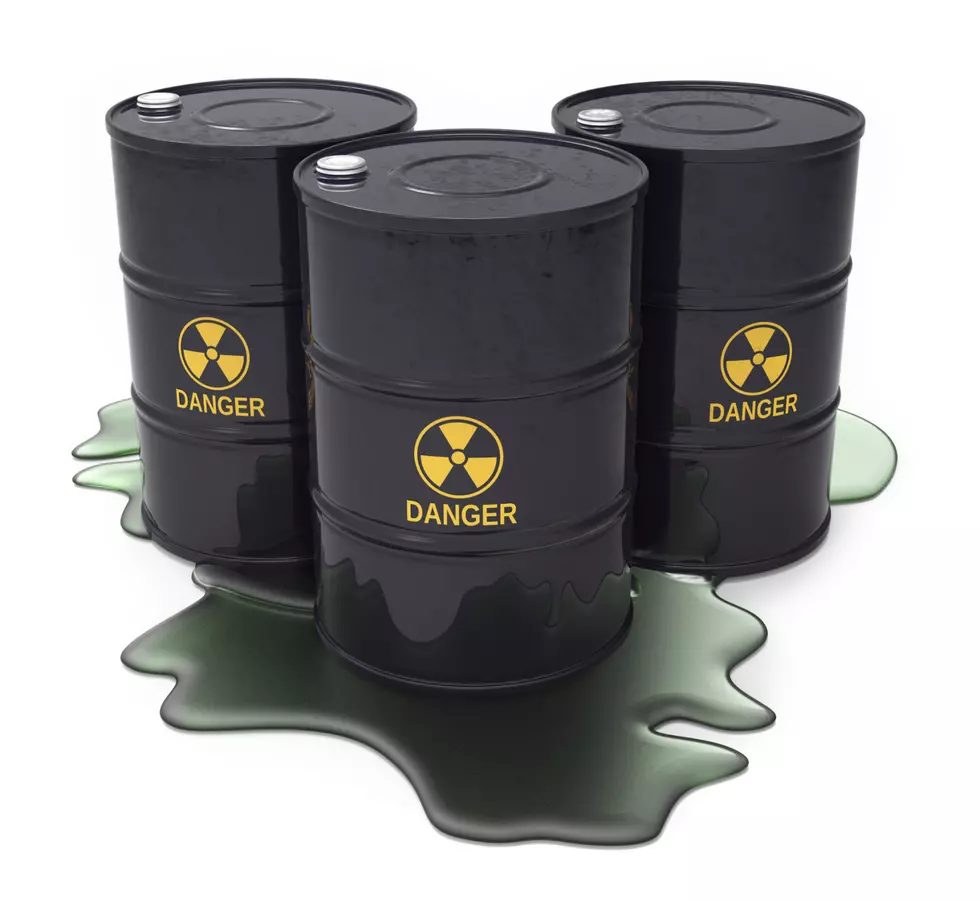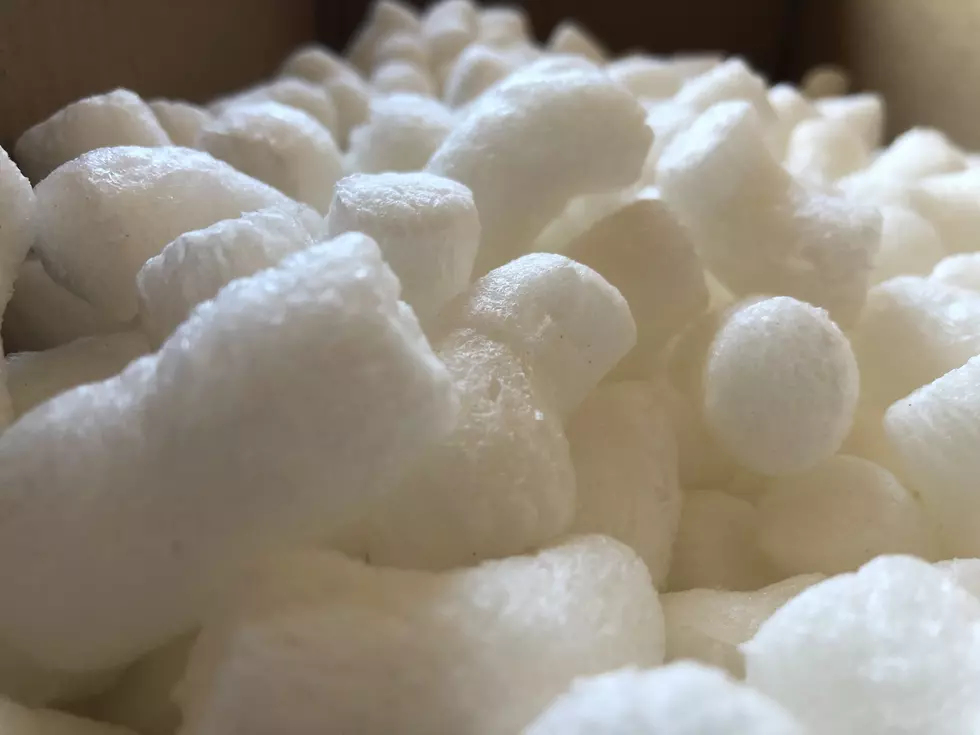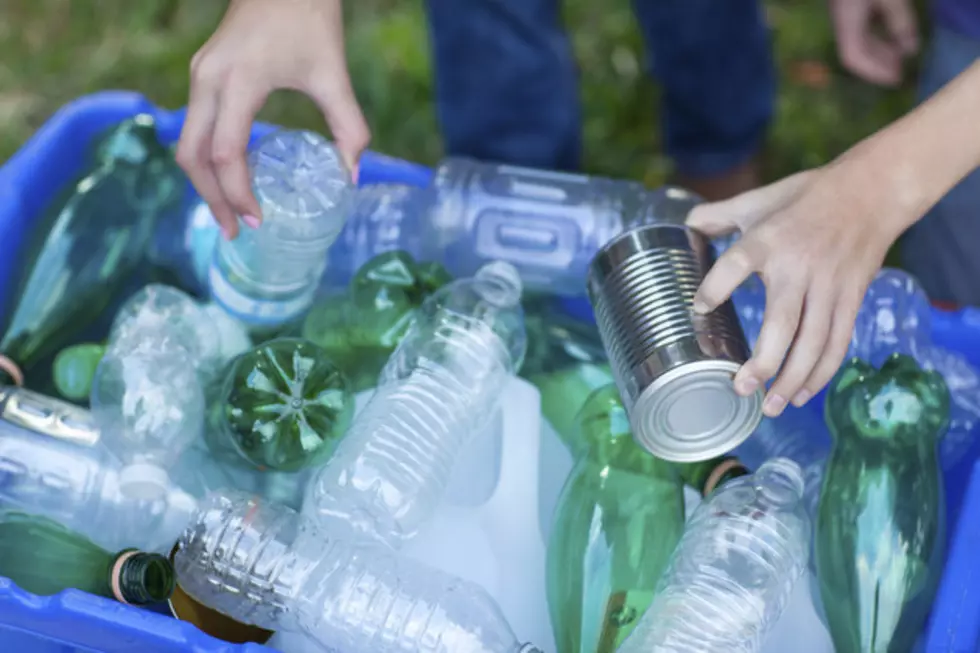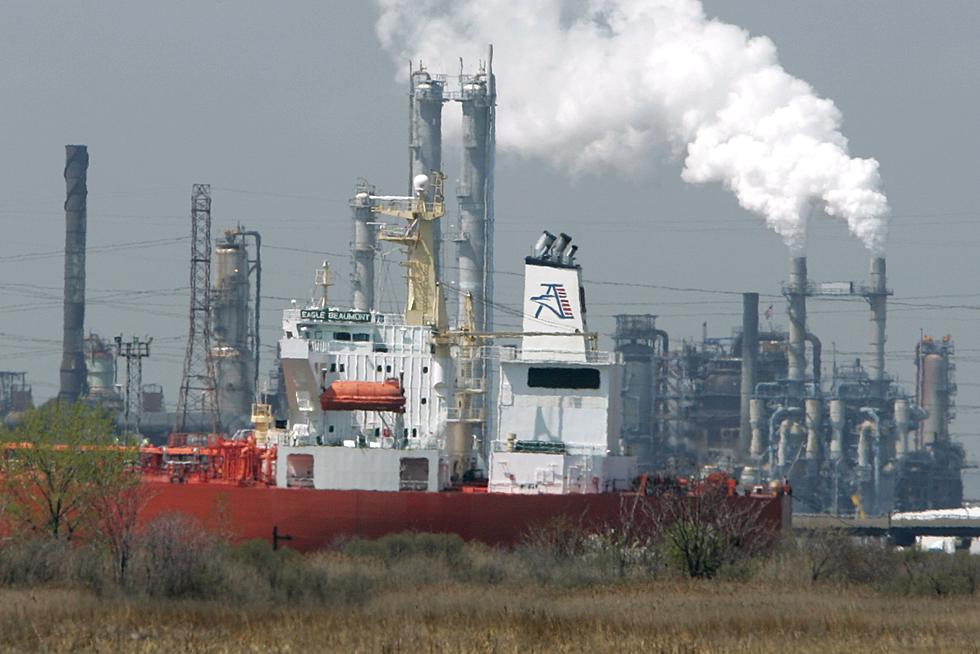
NJ chemical facilities may not be ready for next superstorm
During Superstorm Sandy seven years ago, there were toxic releases from chemicals in large and small facilities in New Jersey such as auto shops and dry cleaners. Now, labor, environmental and community groups are urging state leaders to better plan for toxic chemical spills.
Debra Coyle McFadden, executive director for the New Jersey Work Environmental Group, said New Jersey will face more extreme weather events in the future and sea levels will most likely rise, so now is the time to prevent this from happening. She said the state needs to eliminate the toxic chemicals where possible. That means looking at safer chemicals and other processes to reduce the risk of that chemical.
McFadden said as the state thinks about storm surge, sea level rise, and extreme winds, it needs to also think about power losses.
"In terms of chemicals, if we have water coming into our facilities, water coming into our buildings, how are we storing those chemicals to make sure they are not being released during a storm surge or flooding?" she said.
Chemicals need to be stored above flood levels or on secure shelving within these facilities. But McFadden also warns that even if chemicals are stored properly, there is always a possibility of release.
The state needs to address the questions of the emergency response procedures on site and how the community will be notified if there is a spill.
She said it is federal law that citizens should have a right to know and be prepared for any toxic release in their community.
While lessons from Sandy have been implemented, McFadden said more needs to be done.
"We need to look at TCPA regulations. These are the regulations that cover extraordinarily hazardous substances in high quantities. We have roughly 95 facilities around the state that are covered by TCPA," she said.
But she stressed that the state needs to also look at facilities not regulated by TCPA, which could mean smaller chemical manufacturers such as local auto shops and dry cleaners. They, too, need to be prepared for another severe weather event.
Residents can also help prevent toxic chemical releases. They should look around their homes and make sure that chemicals such as paint or gasoline are properly stored in high, sturdy places.
She said if residents have chemicals in their homes that are left over from other projects, they should be disposed of in the proper manner.
More from WOBM News:






